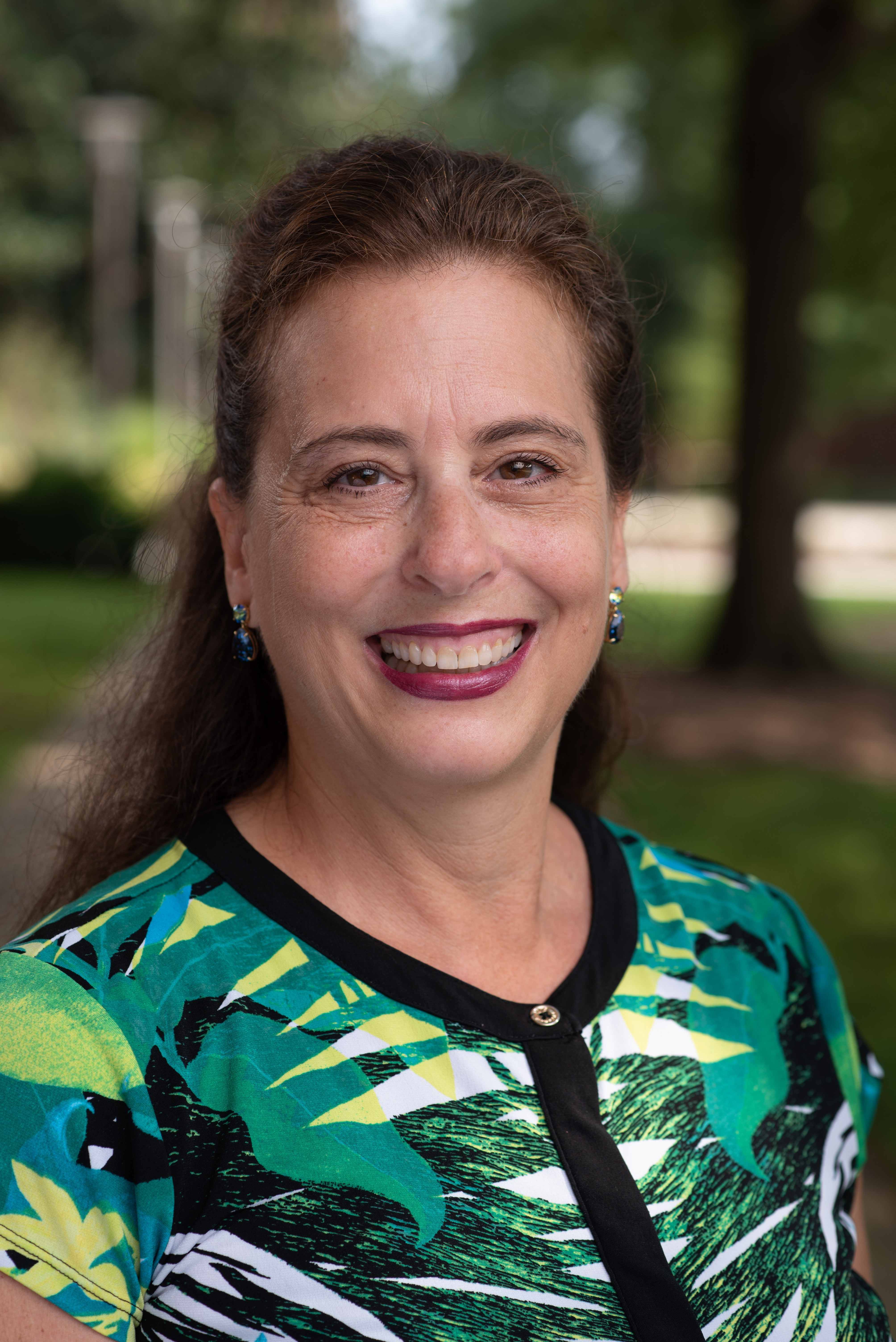Teaching Professor
Contact Information:
Email: dalonso@umbc.edu
USG Office: Shady Grove III Rm 4145
USG Phone: (443) 612-1318
Office: Math / Psychology 305
UMBC @ The Universities at Shady Grove Website
Education:
Ph.D. – University of Maryland, College Park, 1998
Fall 2025 Office Hours:
Spring 2025 Office Hours: (Shady Grove)
Additional Office Hours Information
Area of Study:
Cognitive Psychology
Research Interests:
With a background in Cognitive Psychology as well as educational and practical experience in Computer Science/Human Factors, my interests involve the merging of technology, teamwork, and education. My two main focus areas involve (1) studying the effective use of technology in the classroom and (2) looking at mechanisms to promote interdisciplinary, inter-institutional, and interprofessional experiences in education.
Courses Taught:
Research Methods in Psychology I (PSYC 311)
Research Methods in Psychology II (PSYC 312)
Cognitive Psychology (PSYC 317)
Experimental Psychology: Design and Analysis I (PSYC 331)
Experimental Psychology: Design and Analysis II (PSYC 332)
Seminar in Cognitive Psychology (PSYC 415)
Graduate Research and Training Opportunities:
NO. Not accepting new graduate students
Undergraduate Research and Training Opportunities:
YES, a very limited number of undergraduate opportunities at the Universities at Shady Grove campus, for psychology majors at that campus are available – see below for details
I generally work with a very limited number of students each year. Students must be currently enrolled as UMBC Psychology majors at the Universities at Shady Grove (USG) campus in Rockville and have completed both Research Methods courses (PSYC 311 and PSYC 312). Since I do not have an active lab at USG, students will be expected to work independently while I mentor them as they design, develop, run, and present independent research projects. Interested UMBC Psychology majors, who attend classes at the USG campus, and who have shown outstanding capacity for doing independent work and who have successfully completed both Research Methods courses (PSYC 311 and PSYC 312) may contact me via email at dalonso@umbc.edu.
Graduate Program Affiliation(s):
Master of Professional Studies (M.P.S.) Industrial/Organizational Psychology
Leadership roles in the Department/College/University:
Program Director for Psychology at the Universities at Shady Grove
Special Assistant to the Vice Provost for UMBC at USG Academic Innovation
Member, Psychology Department’s Undergraduate Committee
Member, Universities at Shady Grove’s Committee for Interprofessional and Interdisciplinary Education Strategies (CIPES).
Mentor, Kendall Scholars program, the Universities at Shady Grove
Past member of the Faculty Senate and Faculty Senate Executive Committee
Selected Publications:
Alonso, D. L. (2021). Using Google Forms to Enhance Student Learning. In H. Scherschel (Ed.) Teaching Tips: A Compendium of Conference Presentations on Teaching, 2019-2020. (pp. 99-101). Retrieved from the Society for the Teaching of Psychology website: http://teachpsych.org/ebooks/teachingtips5
Clark, K.C., Gerstenbilth, S, Alonso, D., Wright, R., & Pandya, N. (2013). Inter-Institutional Partnerships: The Development of a Multidisciplinary/Interprofessional Course in Forensics, Journal of Criminal Justice Education. Retrieved from http://www.tandfonline.com/doi/abs/10.1080/10511253.2012.740056
Alonso, D. L. “Diversity in the Workplace”: A Case Study of a Collaboration with Sodexo to Create an Interprofessional Course. Presented at the Collaborating Across Borders III Conference. November 2011.
Alonso, D. L. & Norman, K. L. (1998). Apparency of Contingencies in Single Panel and Pull-Down Menus. International Journal of Human-Computer Studies, 49, 59-78.
Alonso, D. L., Rose, A. Plaisant, C., & Norman, K. L. (1998). Viewing Personal History Records: A Comparison of Tabular Format and Graphical Presentation using LifeLines. Behaviour and Information Technology, 17, 249-262.
Alonso, D. L. & Norman, K. L. (1996). Forms of Control and Interaction as Determinants of Lecture Effectiveness in the Electronic Classroom. Computers and Education, 27, 205-214.
Other important information:
http://www.umbc.edu/shadygrove/psychology.php
